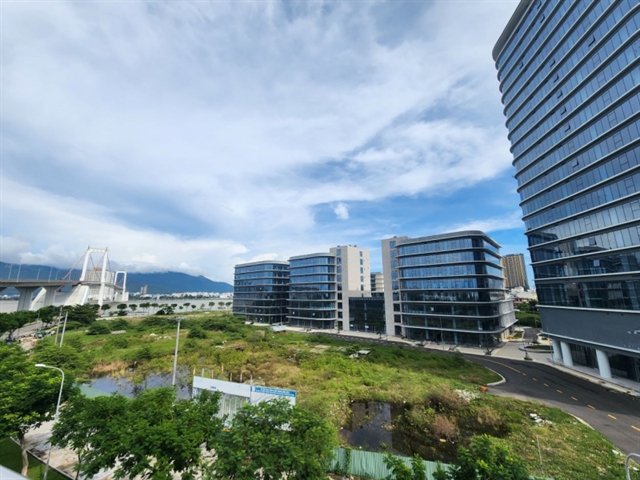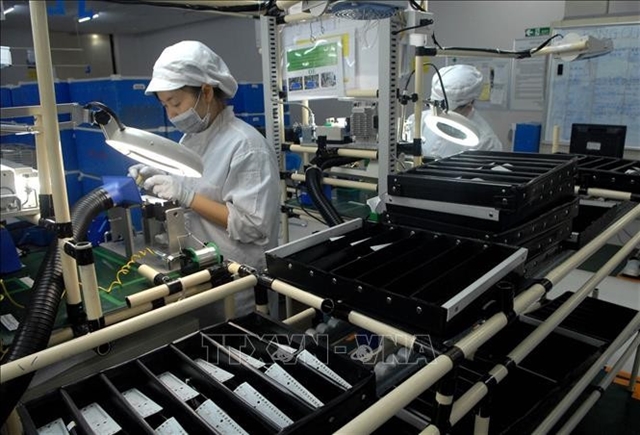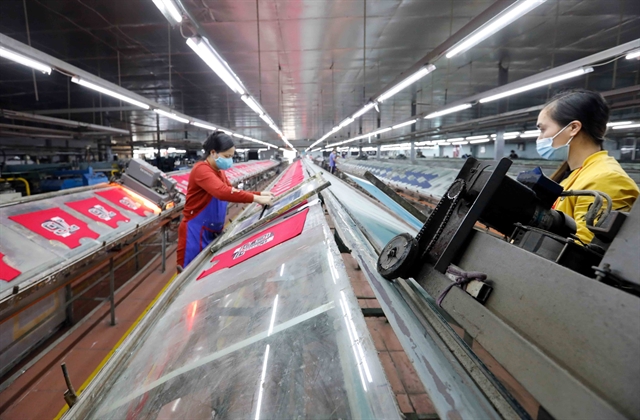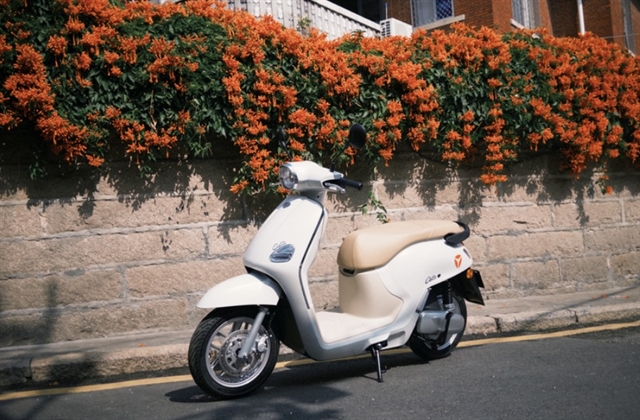 bizhub
bizhub
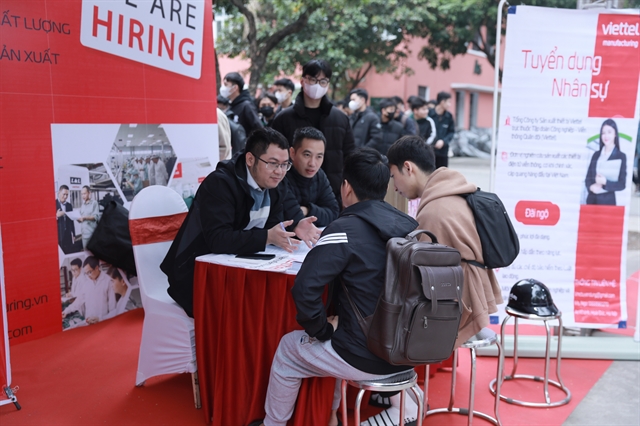
The national carrier Vietnam Airlines has officially welcomed the new Airbus A321neo, starting its launch of an additional 20 narrow-body aircraft scheduled for delivery by the end of next year.
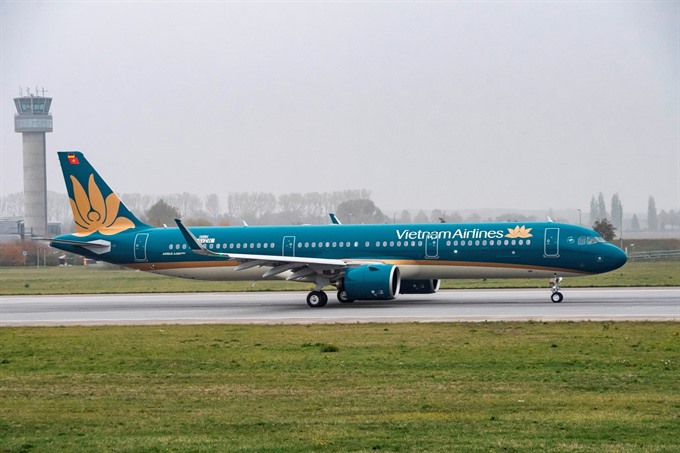 |
| The national carrier Vietnam Airlines has officially welcomed the new Airbus A321neo, starting its launch of an additional 20 narrow-body aircraft scheduled for delivery by the end of next year.— Photo zing.vn |
HÀ NỘI — The national carrier Vietnam Airlines has officially welcomed the new Airbus A321neo, starting its launch of an additional 20 narrow-body aircraft scheduled for delivery by the end of next year.
This is the next strategy undertaken by Vietnam Airlines soon after the successful renovation of the fleet of wide-body aircraft with two of the world’s most modern models, the Boeing 787-9 and Airbus A350-900.
In terms of position or quality of service, Vietnam Airlines is a pioneer in the Vietnamese aviation industry. The addition of a new line of narrow, high performance, fuel-efficient Airbus A321neo in its fleet of over 90 aircraft is considered a strategic step to raise business results.
With over 60 years of service and development, Vietnam Airlines has become the leading airline in the aviation market covering the mid- and high-end customer segments.
The success of Vietnam Airlines in the sky is not only reflected in comments from passengers but also proven with its business results. In the first nine months of 2018, revenue of Vietnam Airlines reached over VNĐ73.5 trillion (US$3.15 billion), up 18 per cent over the same period last year. Of which, the revenue from passenger transportation accounted for over 80 per cent.
One of the factors making Vietnam Airlines more attractive is the high rate of growth and optimisation of the cost structure. "While low-cost airlines may be the preferred model for investors with high growth rates, we think Vietnam Airlines still has a certain attraction," said a new report by Viet Capital Securities Company (VCSC).
According to VCSC, Vietnam Airlines is one of the traditional airlines with the strongest growth in Asia. However, modern aviation still requires airlines to continue increasing their competitiveness. In terms of product quality, Skytrax’s 4-star rating affirms the strength of Vietnam Airlines compared with other traditional airlines in the region, while service prices remain attractive.
The expansion of the fleet with new fuel-efficient models is a smart step to further increase the competitiveness of Vietnam Airlines in the international arena.
The Airbus A321neo is the latest aircraft brought to Việt Nam by Vietnam Airlines. According to the contract with Airbus, from now until 2019, Vietnam Airlines will receive 20 A321neo units to supplement its fleet.
The A321neo is expected to provide airlines with the most cost-effective mileage and most economical space design compared to any other aircraft in the same segment. The A321neo is also a narrow body that can fly up to 4,000 miles (non-stop), with good performance on under-five-hour flights.
The versions of the A321neo are equipped with optional Pratt & Whitney Pure Power Geared Turbofan (GTF), a high-performance, fuel-efficient and particularly eco-friendly engine. In which, Airbus’s Sharklets are certified to reduce fuel consumption by as much as 15 per cent from the first day of production, and this number will increase to 20 per cent by 2020. So, the A321neo is also more environmentally friendly as it can reduce CO2 emissions by 5,000 tonnes per annum for each aircraft and reduce noise by nearly 50 per cent compared to previous generation aircraft.
In terms of design, the A321neo is equipped with a modern cabin that offers greater comfort for passengers with wider seats and aisles, shortening boarding times and helping passengers travel in the cabin easily.
In an effort to provide passengers with the most enjoyable experience, the A321neo is equipped with a wireless entertainment system that allows passengers to access Vietnam Airlines’ entertainment service through personal devices such as laptops, tablets and smartphones combined with personal earphones to watch movies and listen to music on the plane. This is a utility that is not equipped on many aircraft in the same segment.
According to the Civil Aviation Authority of Việt Nam, by the end of August this year, Việt Nam has a total of 167 straight-wing aircraft, with more than half owned by Vietnam Airlines, including the most modern civil aircraft in the world.
Vietnam Airlines expects to increase competitiveness on short and medium-haul routes to domestic destinations and Southeast Asian countries. It’s seen as a strategic acceleration to gain market share and revenue in the Vietnamese aviation industry.

